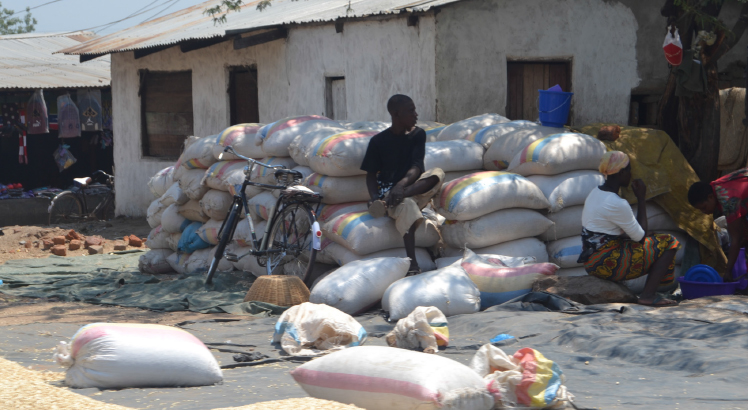RBM changes inflation target stance
The Reserve Bank of Malawi (RBM) has revised upwards its 2022 inflation rate projection from 12.3 percent to an average 23.2 percent.
This is 12.8 percentage points higher than its earlier projection of an average 10.4 percent projected during the first Monetary Policy Committee (MPC) meeting.
In its third MPC report, the central bank said the revision has taken into consideration persistent pressures on inflation such as supply-related shocks emanating from food and energy prices, impact of the upward adjustment in domestic fuel pump prices, a seasonal increase in prices of domestically-produced items, exchange rate pressures, and persistent fiscal slippages.

Reads the statement signed by RBM governor Wilson Banda: “The above factors have shifted upwards the inflation trajectory. Meanwhile, a review of the drivers of inflation pressures highlighted above revealed that the sources are mostly global events and domestic supply shocks, all of which are beyond the control of monetary policy.”
Inflation—the rate of increase in prices over a given period of time—has been on the rise for the past months largely due to increase in food and non-food items.
For instance, in a space of six months, the inflation rate has nearly doubled from 12.1 percent in January to 23.5 percent as of June, according to the National Statistical Office figures.
In the second-quarter of this year alone, headline inflation accelerated to an average of 19.4 percent, from 13.1 percent in the first-quarter of 2021 and compared to 9.1 percent in the first quarter of this year.
The increase according to the central bank, represented the combined effect of rising costs of domestic fuel prices, pass-through of exchange rate depreciation, price mark-up shocks on domestically-produced agricultural food commodities induced by the high costs of fertilisers, rising global food prices and speculation of low food production following unfavourable weather patterns during the 2021/22 agricultural season.
Catholic University of Malawi economics lecturer Hopkins Kawaye in an interview observed that the trend which is expected to continue on account of, among others, imported inflation spells doom for ordinary Malawians.
“The trend clearly means consumers will have to dig deeper into their pockets to purchase goods and services as well as maintain their living standards. This will affect most Malawians who cannot afford to increase their expenditure in view of the rising commodity prices. Instead they will have to cut expenses thus increasing poverty levels,” he said.
Meanwhile, Nico Asset Managers Limited in its mid-year economic report has observed that with inflation now running at multi-decade highs in many countries, there is a risk that inflation will remain higher for longer than currently anticipated.
Reads the report in part: “Inflation rate is likely to remain on an upward trajectory due to a rally in global commodity prices and the adverse impacts of weather shocks on food prices in the country.
“Rising prices will have a negative impact especially on lower income households’ access to food and necessities.” n





